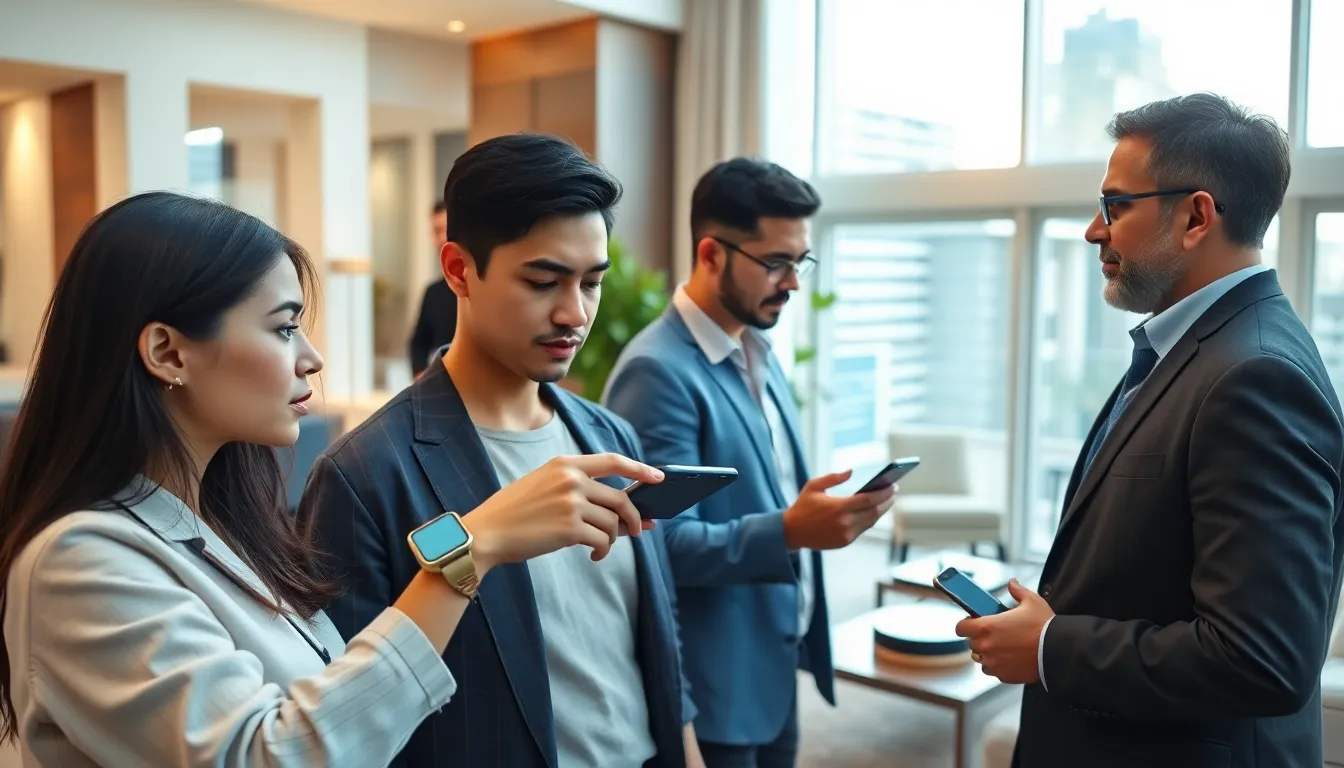
Have you ever wondered what the term Φοτμοβ means, or why it pops up in discussions about modern technology? If so, you’re in for a treat. In this text, we’re diving into the world of Φοτμοβ, unraveling its importance with just the right amount of humor and a sprinkle of insight. You might even find yourself nodding along, thinking, ‘Wow, this Φοτμοβ stuff is more interesting than I thought.’ Let’s not waste any time, let’s jump right in.
φοτμοβ

Φοτμοβ, while it may sound like a spell from a fantasy novel, refers to an evolving concept in our increasingly technology-driven world. At its core, Φοτμοβ embodies the seamless interaction between individuals and their environments powered by innovative technologies. Imagine walking down the street, sensing every change in your surroundings through wearable tech, this is where Φοτμοβ starts making sense.
In simple terms, you can think of Φοτμοβ as a bridge connecting our traditional practices with modern technology. It’s not just about gadgetry: it’s how these devices enhance our everyday experiences. For example, consider smart homes that adjust lighting based on your mood or apps that suggest activities based on weather conditions. With Φοτμοβ, these interactions become livelier and more intuitive.
The essence of Φοτμοβ lies in understanding how technology can be harnessed to better human experiences, creating convenience while providing solutions to age-old problems. As society evolves, so does our grasp of Φοτμοβ, signaling a transformative wave in how we live and interact with technology.
The Importance of Φοτμοβ in Modern Contexts
The importance of Φοτμοβ cannot be understated, particularly in today’s fast-paced world. As lifestyles shift and technology becomes more integrated into daily routines, the concept serves as a roadmap for innovation. Organizations and individuals alike are leveraging Φοτμοβ to enhance productivity, efficiency, and user satisfaction.
In the workplace, for instance, the application of Φοτμοβ enhances collaboration through cloud-based platforms. Team members can communicate and share ideas from anywhere in the world, breaking down barriers that previously stifled creativity and effective communication. This level of connectivity is essential, especially as remote work continues to be favored by many.
Also, Φοτμοβ has a significant impact on the healthcare sector. Through telemedicine and health-monitoring devices, patients are now able to receive care from the comfort of their homes. This shift not only makes healthcare more accessible but also empowers individuals to take charge of their health in ways they never thought possible. The increasing relevance of Φοτμοβ highlights its potential to shape industries and improve everyday life, fueling further exploration and investment.
Applications of Φοτμοβ
Φοτμοβ has found its way into numerous applications across various sectors, showcasing its versatility and commitment to improving human experiences. In education, for example, learning platforms are integrating interactive tools that foster engagement and enhance the learning process. No longer confined to textbooks, students can explore complex subjects through simulations and interactive discussions.
In the realm of sustainability, Φοτμοβ drives innovations like smart grids that optimize energy consumption. Imagine a world where homes and businesses work together to reduce energy waste and promote sustainability. By harnessing technology, these systems allow consumers to manage their energy use efficiently, leading to cost savings and a lower carbon footprint.
Another area where Φοτμοβ shines is in transportation. The rise of smart vehicles equipped with advanced sensors and AI capabilities has revolutionized how we perceive travel. These cars not only drive themselves in certain conditions but also communicate with each other, improving safety and efficiency on the roads. Every application of Φοτμοβ serves a crucial purpose, paving the way for a future brimming with possibilities.
Challenges and Controversies Surrounding Φοτμοβ
Even though its vast potential, Φοτμοβ does not come without challenges and controversies. As with any emerging technology, concerns about privacy and security loom large. With the constant flow of data generated through various devices, individuals often feel apprehensive about who has access to their information. The question arises: how can technology balance innovation while ensuring user privacy?
Also, there’s the issue of digital divide. Not everyone has equal access to the technology essential for fully integrating Φοτμοβ into their lives. This inequity highlights the need for policies that promote inclusivity and ensure everyone can benefit from the advancements that Φοτμοβ promises.
Finally, the ethical implications of relying heavily on technology warrant scrutiny. As society continues to embrace automation, the concern of job displacement becomes increasingly relevant. The conversation around Φοτμοβ is not just about excitement for the future: it also compels a deeper examination of its impact on communities and the workforce.
Future Prospects of Φοτμοβ
Looking ahead, the future of Φοτμοβ appears promising, filled with opportunities to reshape our world in ways we are only beginning to imagine. Researchers and innovators are continuously working toward developing more intuitive technologies that further enhance interactions between humans and their environments.
For instance, virtual reality (VR) and augmented reality (AR) technologies are showing tremendous potential in various fields, from gaming to healthcare. By incorporating Φοτμοβ, these immersive experiences could redefine how we learn and engage with the world around us. Imagine a classroom where students virtually step into ancient civilizations or conduct scientific experiments without leaving their desks.
As we investigate deeper into this landscape, collaborative efforts between tech giants, policymakers, and educators will be essential. Building a framework that addresses challenges and promotes ethical practices will ensure that Φοτμοβ benefits everyone, paving the way for a more connected, productive, and engaging future.






